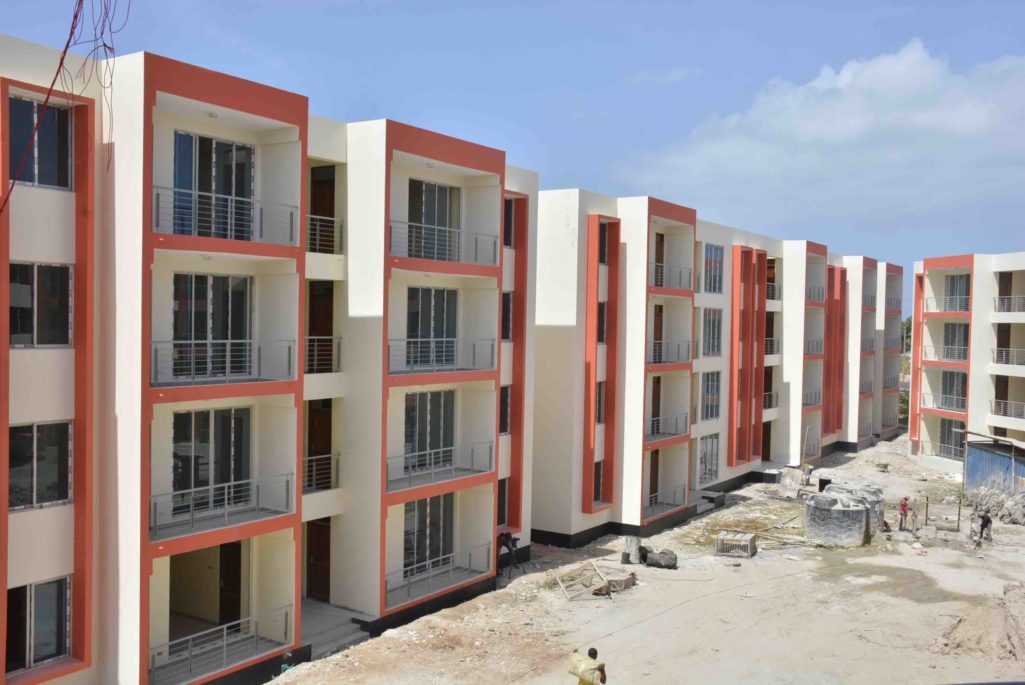Navigating Ghana’s Real Estate Landscape: A Comprehensive Guide for International Investors

The allure of Ghana’s real estate market has captured the attention of international investors seeking to capitalize on the country’s rapidly expanding economy and burgeoning urbanization. As the West African nation experiences impressive economic growth, the real estate sector is emerging as a hotbed of opportunity. However, investing in a foreign real estate market necessitates careful consideration and a clear understanding of the local dynamics. This comprehensive guide serves as a roadmap for international investors looking to tap into Ghana’s real estate potential.

Ghana’s Real Estate Industry: A Snapshot
Ghana, known for its political stability and vibrant culture, is rapidly becoming an economic powerhouse in the West African region. The country’s consistent GDP growth, coupled with increasing urbanization rates, has led to a surge in demand for quality housing, commercial spaces, and infrastructure projects. Major cities like Accra, Kumasi, and Takoradi are witnessing a transformation of their skylines as modern buildings rise to meet the demands of the population.
ALSO READ: Investing in Real Estate in Nigeria: A Comprehensive Guide for International Investors
Navigating the Guidelines: Top Considerations for International Investors
- Legal and Regulatory Landscape: Before venturing into Ghana’s real estate market, investors must familiarize themselves with the legal and regulatory framework. Collaborating with local legal experts is crucial to ensure compliance with property ownership laws, land tenure systems, and other regulations. Ghana operates on a leasehold system, which means investors may hold land on leasehold terms for up to 50 years, renewable for another 50 years.
- Market Research and Due Diligence: In-depth market research is essential to understanding demand trends, property values, and potential returns on investment. Engaging with local real estate agents, developers, and property management firms can provide valuable insights into the best investment opportunities. Due diligence includes verifying property titles, land ownership, and potential encumbrances.
- Location Matters: Choosing the right location is paramount in real estate investment. Accra’s upscale neighborhoods, such as East Legon and Airport Residential Area, are popular among expatriates and the affluent local population. Additionally, emerging areas like Tema and Kasoa offer investment potential due to infrastructural developments and affordable property prices.
- Property Type Diversification: Diversifying your real estate portfolio can mitigate risks and increase potential returns. Consider investing in a mix of residential, commercial, and mixed-use properties. Residential properties can cater to the growing middle class, while commercial spaces cater to businesses seeking office and retail space in the country.
- Partnerships and Networking: Establishing strong local partnerships and networks can provide access to off-market deals, construction expertise, and property management services. Collaborating with reputable developers and property management firms can streamline the investment process and ensure a smoother experience.
- Financing and Payment Structure: International investors should explore various financing options, including local banks and international lenders with a presence in Ghana. Understanding the payment structure, taxes, and fees associated with property acquisition and management is crucial to budgeting effectively.
- Long-Term Vision: Investing in Ghana’s real estate market requires a long-term perspective. While short-term gains are possible, the true potential of real estate investment often materializes over time. Consider the country’s economic trajectory, infrastructure developments, and demographic trends when making investment decisions.

Conclusion
As Ghana’s real estate sector continues to thrive, international investors have a prime opportunity to become part of the country’s growth story. However, success in this market demands a keen understanding of local regulations, property dynamics, and strategic partnerships. By following the guidelines outlined in this comprehensive guide, international investors can navigate the complexities of the Ghanaian real estate landscape and capitalize on the abundant opportunities it presents.







Responses